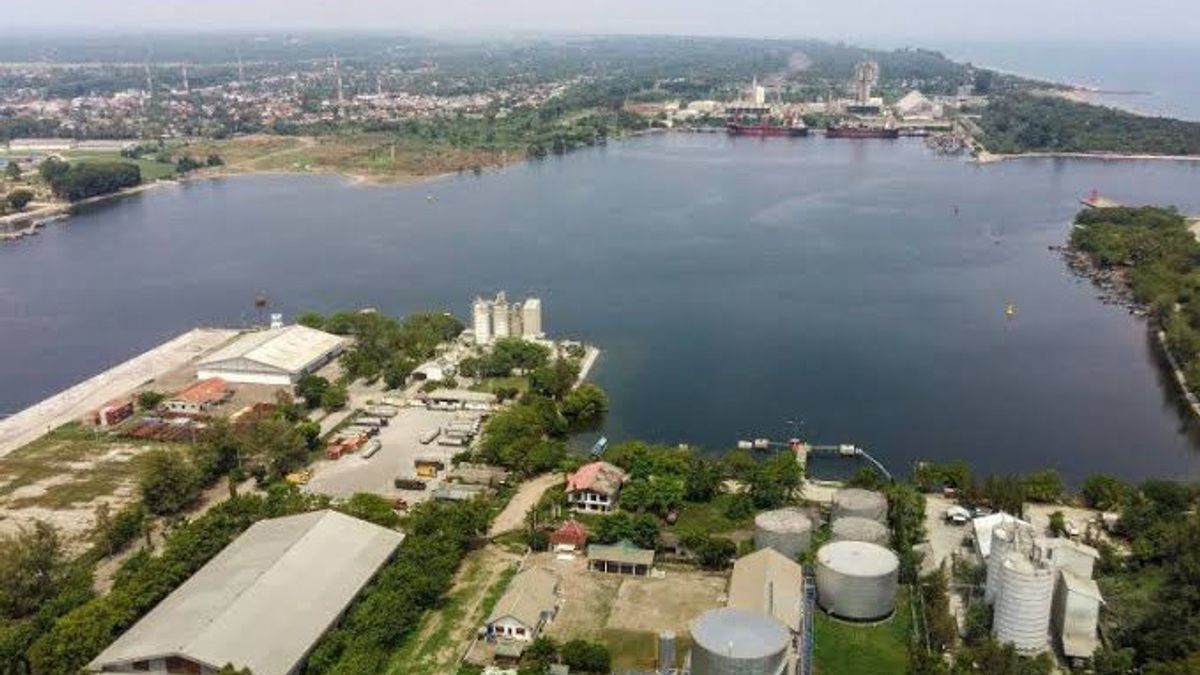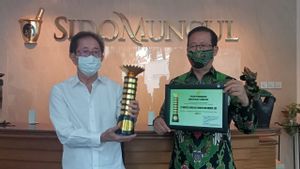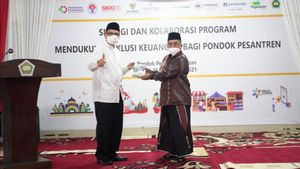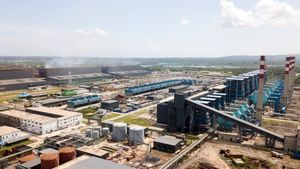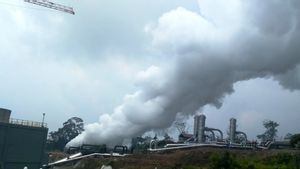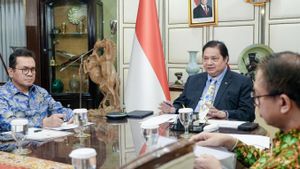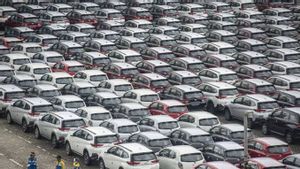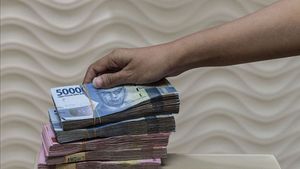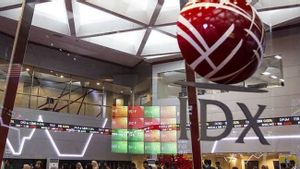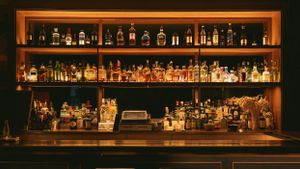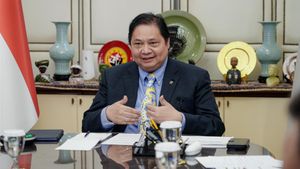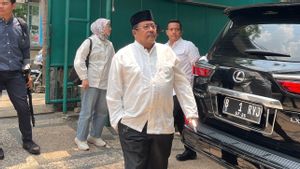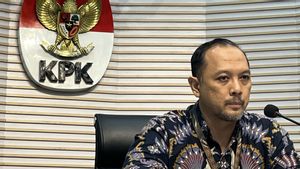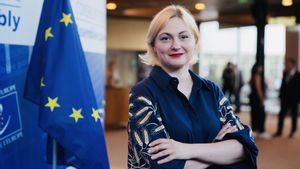JAKARTA - The government continues to accelerate the development of Special Economic Zones (SEZ) to achieve an even distribution of industry and economic growth. Currently, there are 19 SEZs in Indonesia, consisting of 11 industrial SEZs and eight tourism SEZs. Of the 11 industrial SEZs, eight industrial SEZs have been operating.
The Director General of Resilience, Territorial and International Industrial Access (KPAII) of the Ministry of Industry, Eko SA Cahyanto said the eight industrial SEZs were Arun Lhokseumawe SEZ, Sei Mangkei SEZ, Galang Batang SEZ, Kendal SEZ, MBTK SEZ (Maloy Batuta Trans Kalimantan), Palu SEZ, SEZ Bitung, and SEZ Sorong.
Meanwhile, three other SEZs are still under construction, namely the Batam Aero Technic (BAT) SEZ, Tanjung Api-api SEZ, and Gresik SEZ.
"The export performance of products originating from SEZs continues and continues to increase. This indicates that government policies are still on the right track," he said in a written statement, quoted on Tuesday, December 7.
Last year, the export value of the SEZ Sei Mangkei reached IDR 5.18 trillion. This figure continues to grow in line with the continued production of oleochemicals from the area. Meanwhile, the Palu SEZ recorded export revenues of Rp. 79.9 billion.
In addition, said Eko, SEZs also help create job opportunities to realize regional economic equity.
"Kendal SEZ, for example, absorbs the most workers reaching 8.690 people, followed by Galang Batang SEZ with total employment of 4.531 people. Overall, the number of workers who have been absorbed by the presence of SEZs has reached more than 27.000 people," he said.
Furthermore, of the 19 SEZs that have been established by the government, there is a total investment commitment of IDR 92.9 trillion and the realization has reached IDR 54.6 trillion.
"The largest investment was received by the Galang Batang SEZ with the amount of IDR 12.8 trillion, followed by the Sei Mangkei SEZ of IDR 5.2 trillion, and the Kendal SEZ of IDR 2 trillion," he said.
The value of this commitment is increasing with the presence of PT Freeport Indonesia (PTFI) investment in the JIIPE Gresik Industrial Estate which has carried out its groundbreaking on October 11, 2021. With the investment value of the smelter construction reaching IDR 42 trillion, PTFI is constructing a new copper refining facility with the largest single line capacity design in the world which will be able to process 1.7 million tons of copper concentrate per year and will absorb as many as 40 thousand workers.
SEE ALSO:
"However, the smelter requires a stable supply of gas and competitive prices that have been provided by JIIPE as the manager of the industrial area," said the Director-General of KPAII.
In fact, by-products such as sulfuric acid, copper slag, and gypsum, will be reused as raw materials or auxiliary materials for the fertilizer industry in the Gresik JIIPE industrial area.
"This means that the entire production chain line will be created within the JIIPE industrial area and will be widely beneficial for the economy of Gresik and East Java to the national level," he said.
Therefore, the government continues to seek breakthroughs and solutions to challenges faced by the industrial world such as supply of raw and auxiliary materials, infrastructure, utilities, availability of experts, pressure on imported products, B3 waste, the needs of the small and medium industry (IKM) sector, logistics industrial sector, as well as strengthening the industrial sector database.
"The breakthrough efforts were carried out by the Ministry of Industry together with relevant ministries and institutions, including the fixing of a natural gas price of USD 6 for seven industrial sectors, the provision of competent industrial human resources through a 3in1 vocational program supported by an industry-based curriculum and Super Tax Deduction facilities," he said.
Next, build a digital platform for SMEs, a 35 percent import substitution policy by 2022; management of B3 waste to non-B3 and ease of environmental licensing, mandatory application of the Indonesian National Standard (SNI), increasing the use of domestic products (P3DN), strengthening industrial databases through the National Industrial Information System (SIINas), and creating a connectivity system through the National Logistics Ecosystem (NLE) platform.
"We invite the participation of all stakeholders to jointly create industries and industrial estates that are competitive, environmentally friendly and apply industrial technology 4.0 so that the deepening of the industrial structure through downstreaming and strengthening supply chains and import substitution can be achieved in order to realize Indonesia as a strong industrial country in 2035," he said.
The English, Chinese, Japanese, Arabic, and French versions are automatically generated by the AI. So there may still be inaccuracies in translating, please always see Indonesian as our main language. (system supported by DigitalSiber.id)
